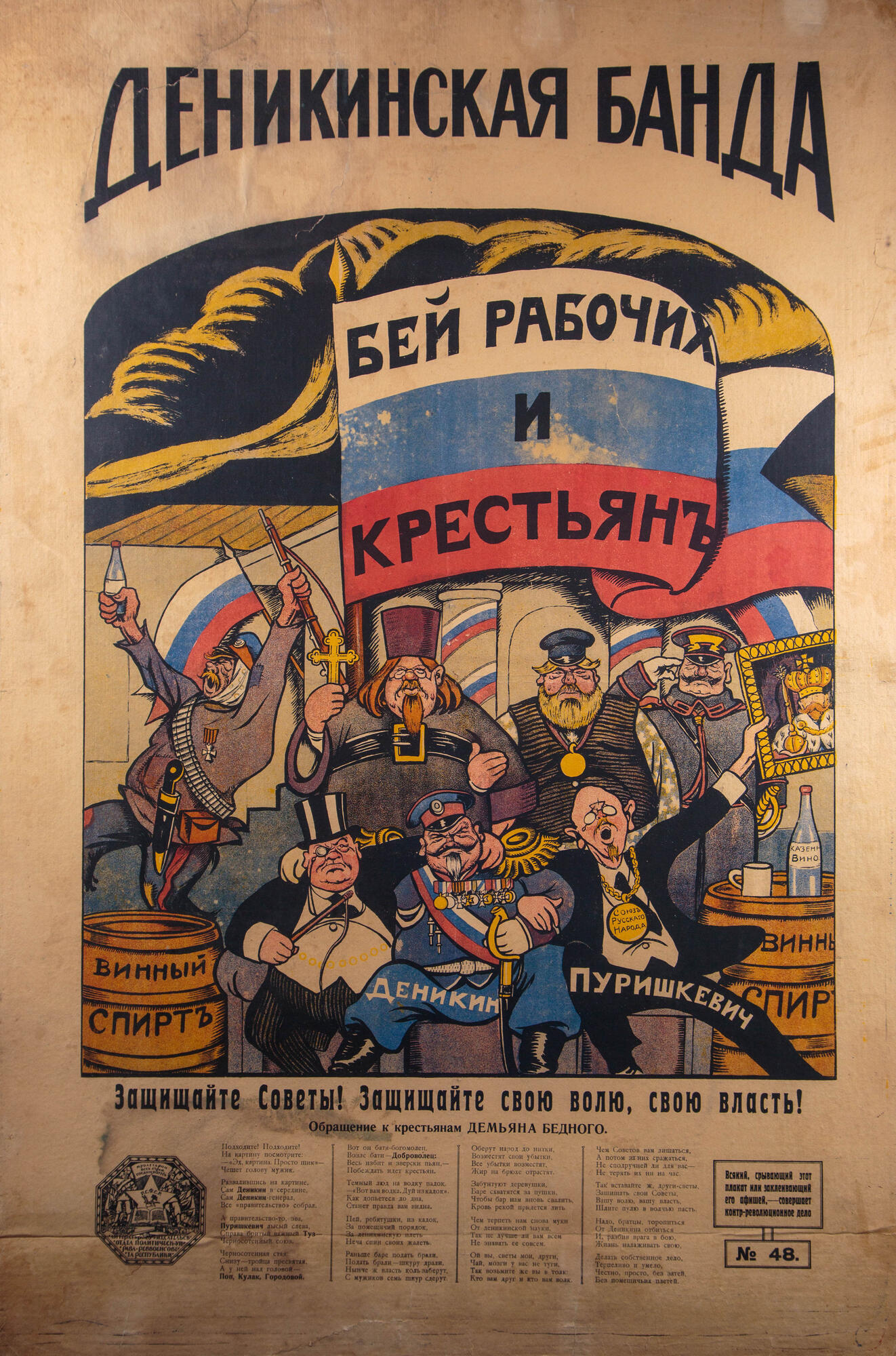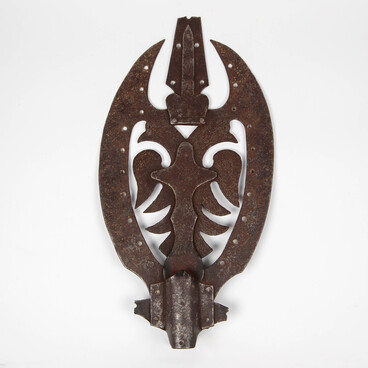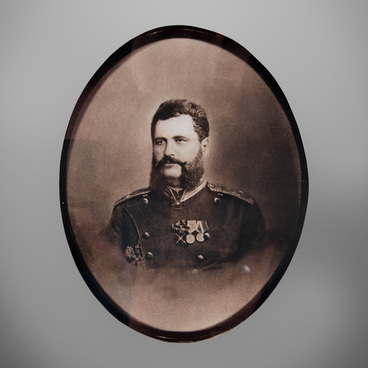In the early 20th century, various revolutionary leaflets and postcards were distributed on the territory of the Russian Empire. They were created by Vladimir Vasilyevich Riznichenko, Mikhail Mikhailovich Chemodanov and other artists, many of whom remain unknown. Such products were printed illegally.
Later, political caricatures in the form of propaganda posters became ubiquitous in the RSFSR and the USSR. The earliest examples appeared in August 1918. They were printed by the publishing house VTSIK, which existed autonomously until 1919. Then ROSTA Windows, the Russian Telegraph Agency, started printing posters.
Professional artists who had experience in painting, easel graphics, magazine design, and illustrations, as well as self-taught amateurs participated in the preparation of such images. Some of them were particularly successful: Dmitry Moor (Dmitry Stakhievich Orlov), Aleksandr Petrovich Apsit (Apsitis), Nikolai Nikolaevich Kogout, Nikolai Mikhailovich Kochergin, Alexei Alexandrovich Radakov, Mikhail Mikhailovich Cheremnykh, Ivan Andreevich Malyutin, and Vladimir Ivanovich Kozlinsky.
The poster from the museum’s collection was created in 1919 by Viktor Nikolaevich Deni (Denisov) (1893–1946). By the beginning of the Russian Civil War, he already had a great deal of experience in working with various periodicals.
The image, which was called “Denikin’s Gang”, was widely circulated. In the center of the poster, against the background of dark clouds, there is a symbol of the White Movement — a tricolor Russian flag with the inscription “Beat the Workers and Peasants.” In the foreground, the artist depicted a caricatured image of General Anton Ivanovich Denikin and monarchist Vladimir Mitrofanovich Purishkevich. They are surrounded by people that Viktor Deni considered representatives of reactionary groups in pre-revolutionary Russia: a Cossack, a priest, a kulak (a somewhat well-off peasant who was considered an enemy of poor peasants and the Bolsheviks) and a soldier.
A slogan is featured
under the image — “Protect the Soviets! Defend Your Will, Your Power.” At the
bottom of the poster is the “Appeal to the Peasants” by the poet Demyan Bedny.
To the right of the text, the creators of the poster added a warning: “Anyone
who will tear down this poster or conceal it with another poster is committing
a counter-revolutionary offense”.The poster’s number — 48 — is placed below
the warning.


